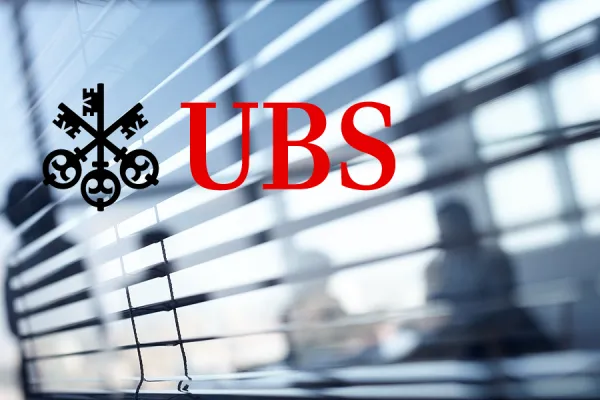Russia’s Sberbank showed impressive salesmanship with last month’s $5.3 billion secondary share offering. State-owned Sberbank’s syndicate of five investment banks pulled off the transaction in a single day, riding a global run-up in stocks after the U.S. Federal Reserve’s announcement of further quantitative easing. CEO German Gref contends the sale will put Russia back on the map as a source of juicy deals and kick-start its long-discussed second wave of privatization. “If they believe in us, they believe in Russia,” Gref told a press conference after the megaissue. “Sberbank has opened the gates for privatization in this country.” Moscow financial hands aren’t so sure. Russia’s largest bank, with $384 billion in assets, Sberbank is uniquely attractive. It holds nearly half of the nation’s retail deposits, and Gref has led a management overhaul and a share increase of 26 percent for the 12 months through September 28, to £11.73 ($18.90) on the London Stock Exchange. A former liberal economics minister, Gref is also an ideological crusader for privatization. Other state companies present a weaker story, are run by less willing sellers or both.
No. 2 state bank VTB quickly cried “me too” after Sberbank’s success. CEO Andrei Kostin wants to sell a further 10 percent of the bank, a stake worth $1.9 billion at the current valuation. But VTB’s shares have slid of late while Sberbank’s have soared. “VTB will be a lot harder sell because of more-volatile earnings and a bigger exposure to investment banking,” says Tom Adshead, head of research for Moscow investment firm Kazimir Partners. Investors might prefer more of Russia’s crown jewels in energy: top oil producer Rosneft and pipeline monopoly Transneft. But Rosneft’s new CEO is Igor Sechin, an old KGB colleague of President Vladimir Putin who has long headed the Kremlin’s conservative and statist faction. Sechin aims to raise capital through alliances with global oil majors, the latest flirtation being with BP. Transneft, whose current free float is just 3 percent of equity value, has no interest in selling shares to strangers, analysts say.
Russia’s political elite remains divided on privatization, notes Vladimir Tikhomirov, chief economist at Otkritie Securities in Moscow. A group in the cabinet led by Prime Minister Dmitry Medvedev is pushing for more sales; Sechin and his fellow resisters are concentrated on Putin’s presidential staff. Putin has set a November 1 deadline for a new privatization list, with target dates for share sales. But the most likely result is one more conservative-leaning compromise, with VTB added to the pipeline, plus relatively minor players like maritime shipper Sovcomflot, which could use a name change.





